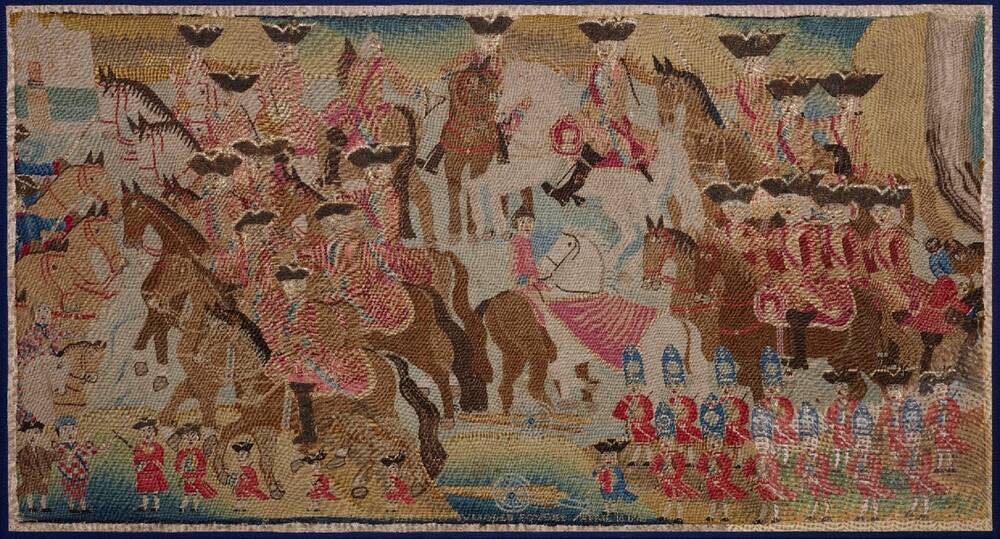Despite the recent, lively debate about the value of the work undertaken by historians, we can agree that many of them generally spend the tenure of their careers involved with research, analysis, and output. Depending upon the era of study and subject matter, dutiful historians will go back to the primary sources when at all possible and critically address the lineage of information as well as its context. Following and challenging that data lineage is something about which I have repeatedly written, and this pursuit represents a significant role in the methodology of my everyday work, as I believe it is necessary in order to produce informed and precise history.
Precise historians will familiarize themselves with as many sources as possible and determine which are most relevant, accurate, and valuable to the arguments which they are asserting. Concurrently, sources that challenge those assertions must also be consulted and may lend valuable perspective to or even transformation of the historian’s original assertions. The honest scholars will admit those changes and influences along the way by showing their work while being as deliberate and precise as possible. Preciseness is not just the end goal, it is absolutely integral to the process. In that way, scholarly history follows a course that rightfully marks it as a social science.







